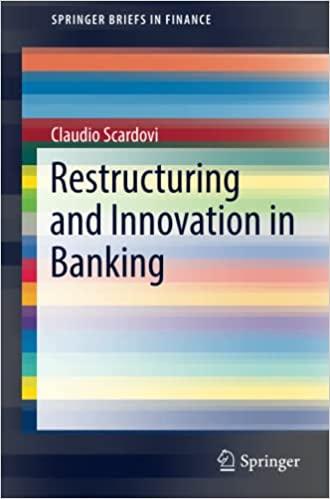

Turkish Lira and Purchasing Power Parity Veritas Emerging Market Fund specializes in investing in emerging stock markets of the world. Mr. Henry Mobaus, an experienced hand in international investment and your boss, is currently interested in Turkish stock markets. He thinks that Turkey will eventually be invited to negotiate its membership in the European Union. If this happens, it will boost stock prices in Turkey. But, at the same time, he is quite concerned with the volatile exchange rates of the Turkish currency. He would like to understand what drives Turkish exchange rates. Because the inflation rate is much higher in Turkey than in the United States, he thinks that purchasing power parity may be holding at least to some extent. As a research assistant for him, you are assigned to check this out. In other words, you have to study and prepare a report on the following question: Does purchasing power parity hold for the Turkish lira-U.S. dollar exchange rate? Among other things, Mr. Mobaus would like you to do the following: 1. Plot past annual exchange rate changes against the differential inflation rates between Turkey and the United States for the last 20 years. 2. Regress the annual rate of exchange rate changes on the annual inflation rate differential to estimate the intercept and the slope coefficient, and interpret the regression results. Use the data below: Turkish Lira and Purchasing Power Parity Veritas Emerging Market Fund specializes in investing in emerging stock markets of the world. Mr. Henry Mobaus, an experienced hand in international investment and your boss, is currently interested in Turkish stock markets. He thinks that Turkey will eventually be invited to negotiate its membership in the European Union. If this happens, it will boost stock prices in Turkey. But, at the same time, he is quite concerned with the volatile exchange rates of the Turkish currency. He would like to understand what drives Turkish exchange rates. Because the inflation rate is much higher in Turkey than in the United States, he thinks that purchasing power parity may be holding at least to some extent. As a research assistant for him, you are assigned to check this out. In other words, you have to study and prepare a report on the following question: Does purchasing power parity hold for the Turkish lira-U.S. dollar exchange rate? Among other things, Mr. Mobaus would like you to do the following: 1. Plot past annual exchange rate changes against the differential inflation rates between Turkey and the United States for the last 20 years. 2. Regress the annual rate of exchange rate changes on the annual inflation rate differential to estimate the intercept and the slope coefficient, and interpret the regression results. Use the data below








